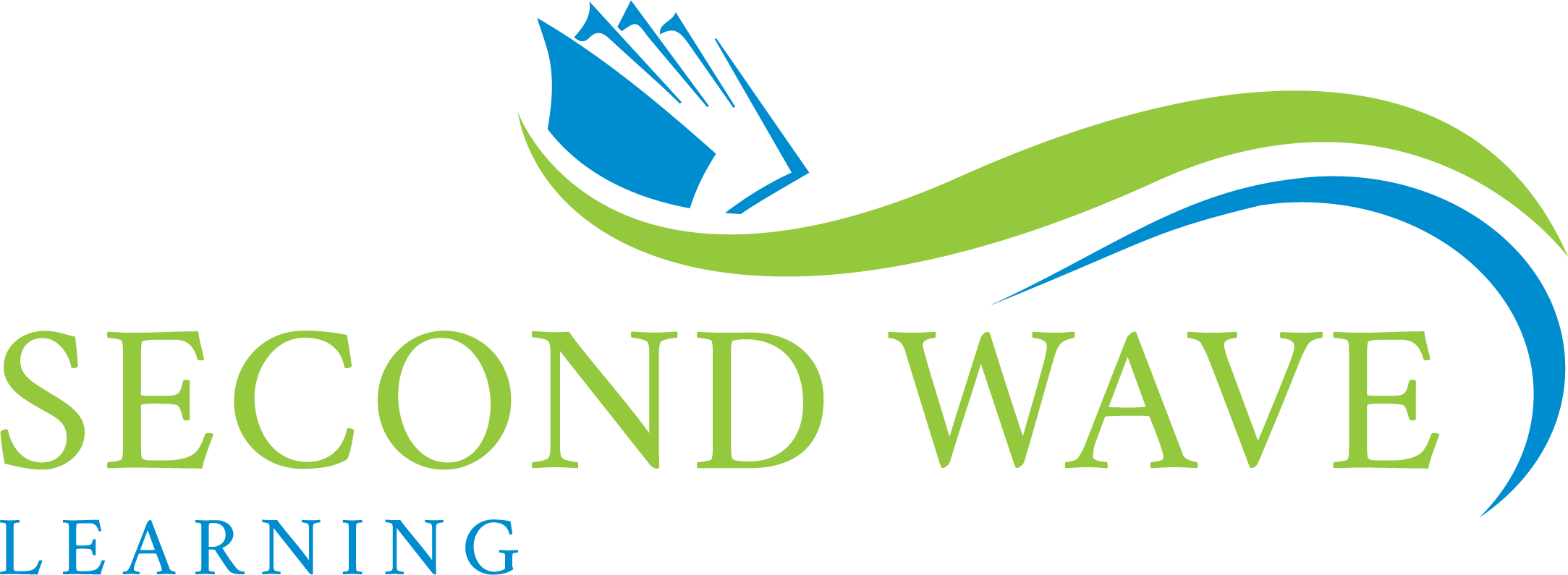November 2023
The “Great Resignation” seems to be over, signaling a new era of workforce stability marked by a normalization in quit rates and diminishing salary benefits for job changers. Leaders looking to make the most of this cultural shift should focus on improving job satisfaction among long-term employees through career development opportunities and workplace enhancements. (Fortune)
Research reveals that over three-quarters of UK managers are considered "accidental managers" with inadequate training for their roles, a situation that can have a negative impact on employee satisfaction and lead to an increase in resignations. Executives should prioritize management training programs for those newly promoted employees to enhance leadership quality and reduce turnover. (Chartered Management Institute)
The shift back to in-person work comes with increased personal costs for employees, prompting the need for employers to reassess the traditional office model and explore ways to alleviate financial pressures. Providing options like remote work flexibility, enhanced office perks, or compensation adjustments could be essential strategies to align with workers' post-pandemic RTO expectations. (Owl Labs)
The enduring (and “aggressively corny”) Zoom wave seems to have outlived the pandemic and become a permanent part of digital etiquette, signaling meeting conclusions. Recognizing and fostering these types of gestures, however small and trivial, can help organizations bolster a sense of community and belonging among remote teams. (Financial Post)
Despite increased company restrictions, many employees are secretly leveraging AI tools like ChatGPT to improve performance and output. Exploring secure, regulated ways to integrate GenAI into workflows is key – leadership should consider structured pilot programs for AI tool usage that include robust compliance checks and data privacy training to align company policy with employee work habits. (BBC Worklife)
The majority of Americans anticipate AI will negatively impact job numbers, with skepticism higher among older demographics and those with less education. Companies should engage in transparent communication about AI integration, emphasizing upskilling and reskilling programs to prepare their workforce for an evolving job market. (Gallup)
Designed to give employees additional time off to focus on personal health and happiness, “well-being days” are being increasingly adopted by larger companies as a remedy for workplace stress and burnout. To ensure long-term effectiveness however, managers must pair “well-being days” with comprehensive strategies designed to tackle the root causes of stress. (Financial Post)
LinkedIn has revamped its feed in an effort to elevate posts that deliver expertise and solicit meaningful engagement, hoping to differentiate its content from that of other social media. The platform’s new strategy rewards creators who share informed content within their areas of professional experience, sidelining less work-focused posts aimed at mass appeal and virality. (The Washington Post)
